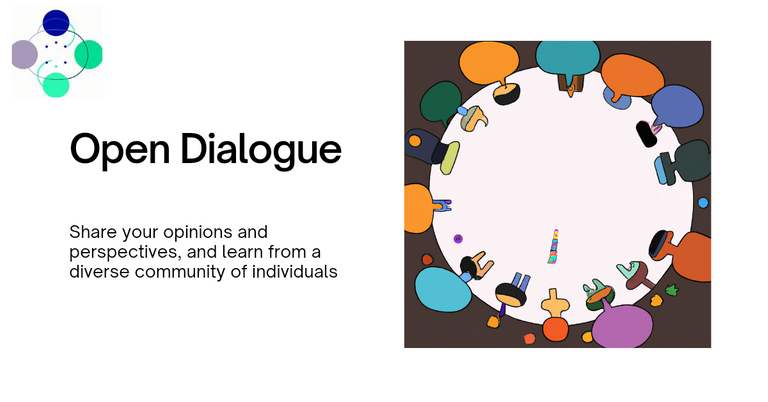 Fuente: Pixabuy
Fuente: Pixabuy
The Phrase / La Frase
"There are two fears: the fear of something, and the fear of fear, that fear that you always carry and that you will never be able to get rid of from the moment it started." -Rodolfo Fogwill
"Hay dos miedos: el miedo a algo, y el miedo al miedo, ese que siempre llevás y que nunca vas a poder sacarte desde el momento en que empezó". -Rodolfo Fogwill
The Reflection / La Reflexion
This sentence by Rodolfo Fogwill belongs to his novel "Los Pichiciegos", which deals with the Malvinas War. In it the author expresses the idea that fear is a complex and persistent emotion, which not only arises when faced with concrete situations of danger or threat, but also with the very sensation of being afraid, creating a distinction between two types of fear: the one that arises when faced with a specific object or situation, and the one that is generated by the very awareness of being afraid. The first is a rational and adaptive fear, which helps us to avoid or face real dangers. The second is an irrational and pathological fear, which prevents us from living fully and makes us suffer unnecessarily. The author suggests that the latter type of fear is more difficult to overcome, since it is installed in our mind from a traumatic or painful experience in the past, and accompanies us throughout our lives.
Esta frase de Rodolfo Fogwill pertenece a su novela “Los Pichiciegos” que trata sobre la guerra de las Malvinas. En ella el autor expresa la idea de que el miedo es una emoción compleja y persistente, que no solo surge ante situaciones concretas de peligro o amenaza, sino también ante la propia sensación de tener miedo, creando una distinción entre dos tipos de miedo: el que surge ante un objeto o situación determinada, y el que se genera por la propia conciencia de tener miedo. El primero es un miedo racional y adaptativo, que nos ayuda a evitar o enfrentar los peligros reales. El segundo es un miedo irracional y patológico, que nos impide vivir plenamente y nos hace sufrir innecesariamente. El autor sugiere que este último tipo de miedo es más difícil de superar, ya que se instala en nuestra mente desde una experiencia traumática o dolorosa del pasado, y nos acompaña durante toda nuestra vida.
This phrase could be related to some philosophical theories on fear, such as that of Søren Kierkegaard, who considered fear as a form of existential anguish in the face of freedom and responsibility; or that of Jean-Paul Sartre, who stated that fear is an intentional emotion directed towards a specific object or situation, while anguish is an emotion without a defined object.
Esta frase podría relacionarse con algunas teorías filosóficas sobre el miedo, como la de Søren Kierkegaard, quien consideraba al miedo como una forma de angustia existencial ante la libertad y la responsabilidad; o la de Jean-Paul Sartre, quien afirmaba que el miedo es una emoción intencional dirigida hacia un objeto o situación específica, mientras que la angustia es una emoción sin objeto definido.
The End / Fin
I hope you enjoyed the post. Thank you for your visit.
Espero hayas disfrutado del post. Gracias por tu visita.

I was reading Joseph Campbells books, and he noticed a simularity between cultures from all over the world having the same kinds of stories and myths. He chalked it up to the fact we all share the same fears and worries, so because of that we often create the same kinds of stories and art.
!PIZZA
PIZZA Holders sent $PIZZA tips in this post's comments:
(4/10) @killerwot tipped @iamersus (x1)
Learn more at https://hive.pizza.